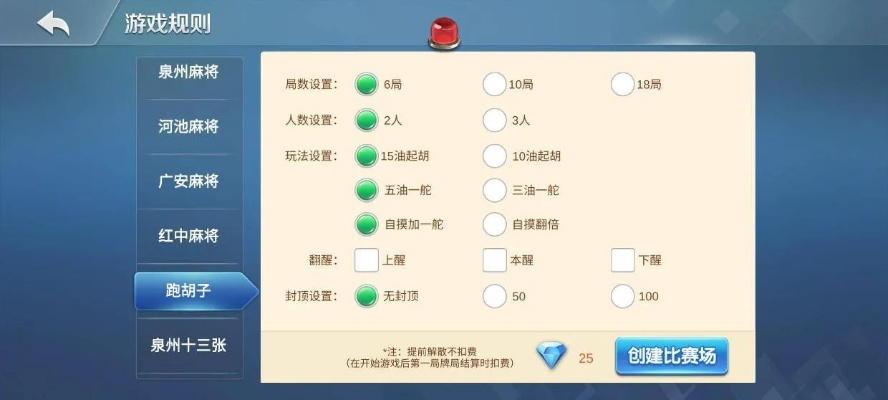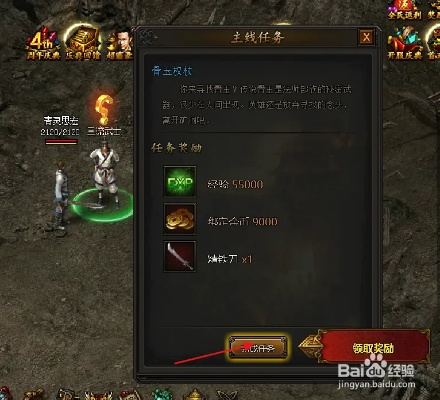Understanding the Nature of Constant Dispute
Disputes are an inevitable part of human interaction. They arise from a variety of sources, including differing opinions, misunderstandings, and conflicting interests. When these disputes become constant, they can create a toxic environment that affects both personal and professional relationships. Understanding the nature of constant dispute is the first step towards finding a solution to this persistent problem.
Causes of Constant Dispute
Several factors contribute to the development of constant disputes. Here are some of the most common causes:
Communication Breakdown: When individuals fail to communicate effectively, misunderstandings can quickly escalate into arguments.
Value Conflicts: Disagreements over core values, beliefs, or principles can lead to ongoing conflict.
Power Struggles: Competition for resources, recognition, or control can create a cycle of conflict.
Emotional Issues: Personal issues, such as anger, frustration, or low self-esteem, can fuel disputes.
Unresolved Past Issues: Ongoing disputes often stem from past conflicts that were never properly resolved.
The Impact of Constant Dispute
Constant disputes can have a significant impact on individuals and groups. Some of the consequences include:
Emotional Stress: Ongoing conflict can lead to increased stress, anxiety, and depression.
Productivity Loss: Disputes can distract individuals from their work, leading to decreased productivity.
Relationship Damage: Personal and professional relationships can be strained or even destroyed by constant conflict.
Physical Health Issues: Chronic stress can lead to a range of physical health problems, including heart disease, hypertension, and weakened immune system.
Strategies to Address Constant Dispute
Addressing constant disputes requires a proactive approach. Here are some strategies that can be effective:
Open Communication: Encourage open and honest communication to prevent misunderstandings from escalating.
Active Listening: Practice active listening to understand the other person's perspective and to show respect.
Conflict Resolution Skills: Develop and utilize conflict resolution skills to navigate disputes effectively.
Setting Boundaries: Establish clear boundaries to prevent unnecessary conflicts.
Seeking Professional Help: If the disputes are severe or persistent, consider seeking the help of a mediator or counselor.
Case Studies: Examples of Constant Dispute
Let's look at a couple of case studies to illustrate the impact of constant dispute:
Case Study 1: Workplace Conflict
In a high-pressure office environment, two colleagues, John and Sarah, constantly find themselves at odds over their work styles. John prefers a structured, methodical approach, while Sarah is more spontaneous and creative. Their constant disagreements over how to handle projects have led to a decrease in team morale and productivity. By implementing a regular feedback loop and assigning a neutral third party to mediate discussions, the company was able to resolve the conflict and restore harmony to the workplace.
Case Study 2: Family Dispute
The Johnson family has been struggling with constant disputes for years. The root of the problem lies in their differing beliefs about family values and how to raise their children. These disagreements have strained relationships and caused emotional stress for everyone involved. After attending family counseling sessions, the family was able to identify their core values and develop a compromise that allowed them to coexist peacefully, despite their differences.
Conclusion
Constant disputes can be challenging to resolve, but they are not impossible. By understanding the causes, recognizing the impact, and implementing effective strategies, individuals and groups can work towards resolving their ongoing conflicts. Open communication, active listening, and conflict resolution skills are essential tools in the journey towards a more harmonious existence. Remember, the first step is acknowledging the problem and being willing to take the necessary actions to address it.
转载请注明来自昌宝联护栏,本文标题:《争吵不断的英文,争吵英文短语 》












 冀ICP备19033229号-1
冀ICP备19033229号-1
还没有评论,来说两句吧...